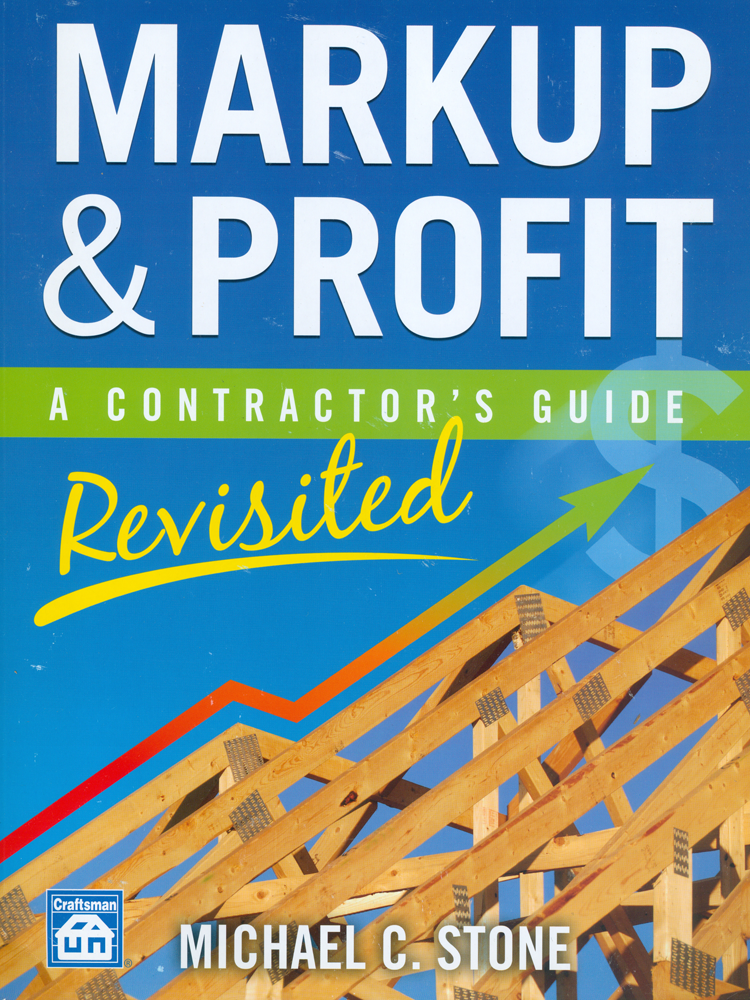Roofing contractors need to be experts in their field to be successful; they also need to understand what property owners are looking for in roofing contractors and roofing systems. Having expertise may be an obvious requirement for growing a business, but understanding a customer’s mindset can differentiate the winners from the losers. Recent research conducted by Principia Consulting that focused on the commercial roofing market reveals an inside look into the property owner’s decision making process. Findings were collected from 116 commercial property owners and managers who were screened for their involvement and knowledge of commercial roofing programs.
Purchase Cost and Drivers
Over half of property owners and managers interviewed were involved in multiple projects and are expecting to handle two or more repair, partial reroof, total reroof or restoration projects in 2016. It’s not surprising that the average new commercial roof program costs over $100,000. Commercial roofing projects often cost an average of 10x more when compared to residential projects based on overall square footage and project complexity. Property managers also indicated that 30 percent of reroofing projects are expected to cost over $100,000 and 20 percent of partial reroofing projects are expected to pass the $100,000 threshold as well.
Nearly half of all roofing projects were commissioned based on a roof failure, either weather or age related. Other reasons close following include energy savings, insulation issues or building ownership transition.
Project Priorities
As far as the key priorities for roofing projects are concerned, two-thirds of property owners and managers indicated that obtaining a durable and long-lasting roof was the most important criteria in evaluating a project, as shown in Figure 1. Overall life-cycle cost was second, followed by installed cost in overall importance. Consequently, commercial roofing follows the evaluation pattern of cost versus performance trade-off when being considered by property owners. While this is not necessarily new information for contractors, it’s important to understand each customers’ priorities when proposing new business. Over the years, property owners and managers that have vested, long-term interests in their properties — such as universities, municipalities and healthcare facilities — tend to lean toward performance, whereas rental property owners, managers or developers may skew more toward cost.
Selection Criteria
In evaluating systems and material, product performance and operating expenses were the top considerations for property owners and managers. Further, contractor recommendations came into play and have the third-strongest impact on selection overall. It’s critical for contractors to have a thorough understanding of the short and long-term needs of the property owner in order to make the best overall recommendation. How long do they expect the roof to last? What’s the payback period for any energy savings enhancements? Is the customer interested in sustainability-related offerings such as vegetative, solar or reflective roofing? Answers to these questions can impact the contractors’ recommendations and ultimately affect their ability to win the project. The significance of contractor recommendations also shows the high level of importance for manufacturers to educate and influence contractors on roofing systems and the tradeoffs for each system.
In addition to system and material selection, property owners and managers were asked about their selection process for contractors. Overall, material and system knowledge was the most important factor, slightly over prior experience with the contractor and the cost of the quote, as shown in Figure 2. Property owners and managers look for the best solution based on performance and budget and expect the contractor to be an expert in presenting various options. Contractors that are very knowledgeable will be able to guide customers accordingly, however, this requires an effort to stay abreast of the latest products, installation techniques, systems, codes, energy requirements, warranties and even costs.
While property owners may not necessarily be willing to pay more for any given project, there’s strong evidence to suggest that material system knowledge and a contractor’s reputation (either through prior work or from a recommendation) will significantly impact the bid-win rate.
Winning Projects
Creating a strong alliance with one or more roofing material suppliers can aid in several respects. Suppliers can provide various support — such as product knowledge sessions, certifications, warranty information — as well as material and system comparative studies to help contractors determine how to best meet a customer’s needs. In turn, contractors become material suppliers’ product ambassadors as the first line of sales effort with property owners. Manufacturers can also provide job leads and other helpful marketing materials.
Working in this allied fashion, contractors can grow revenues proactively by identifying and understanding individual customer motivations, which in turn supports increased percentage of winning bids and the ability to gain market share.






